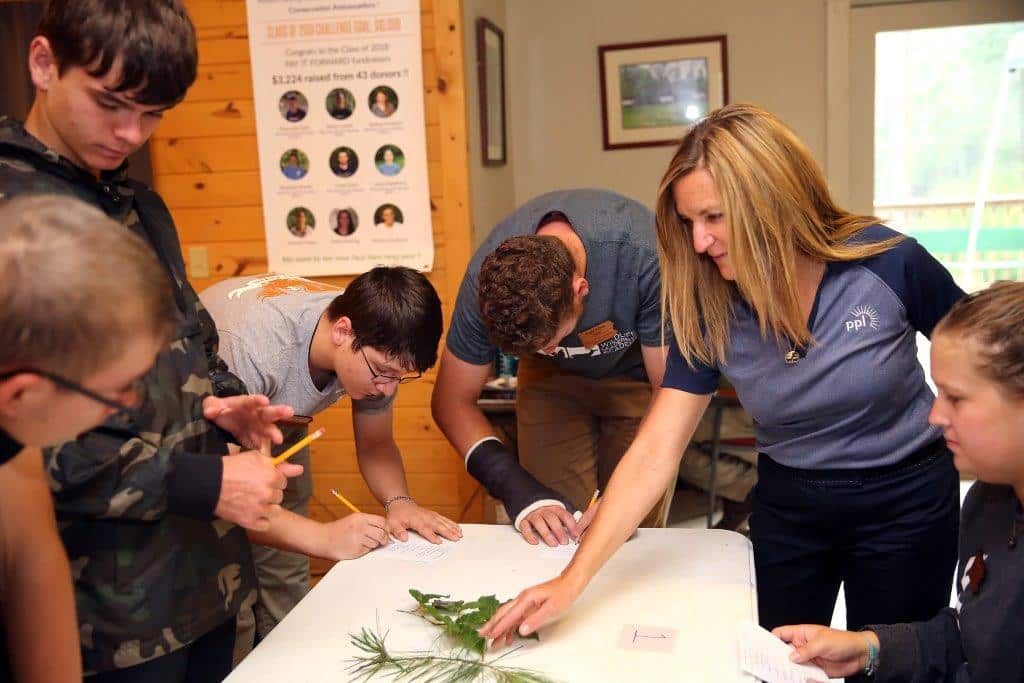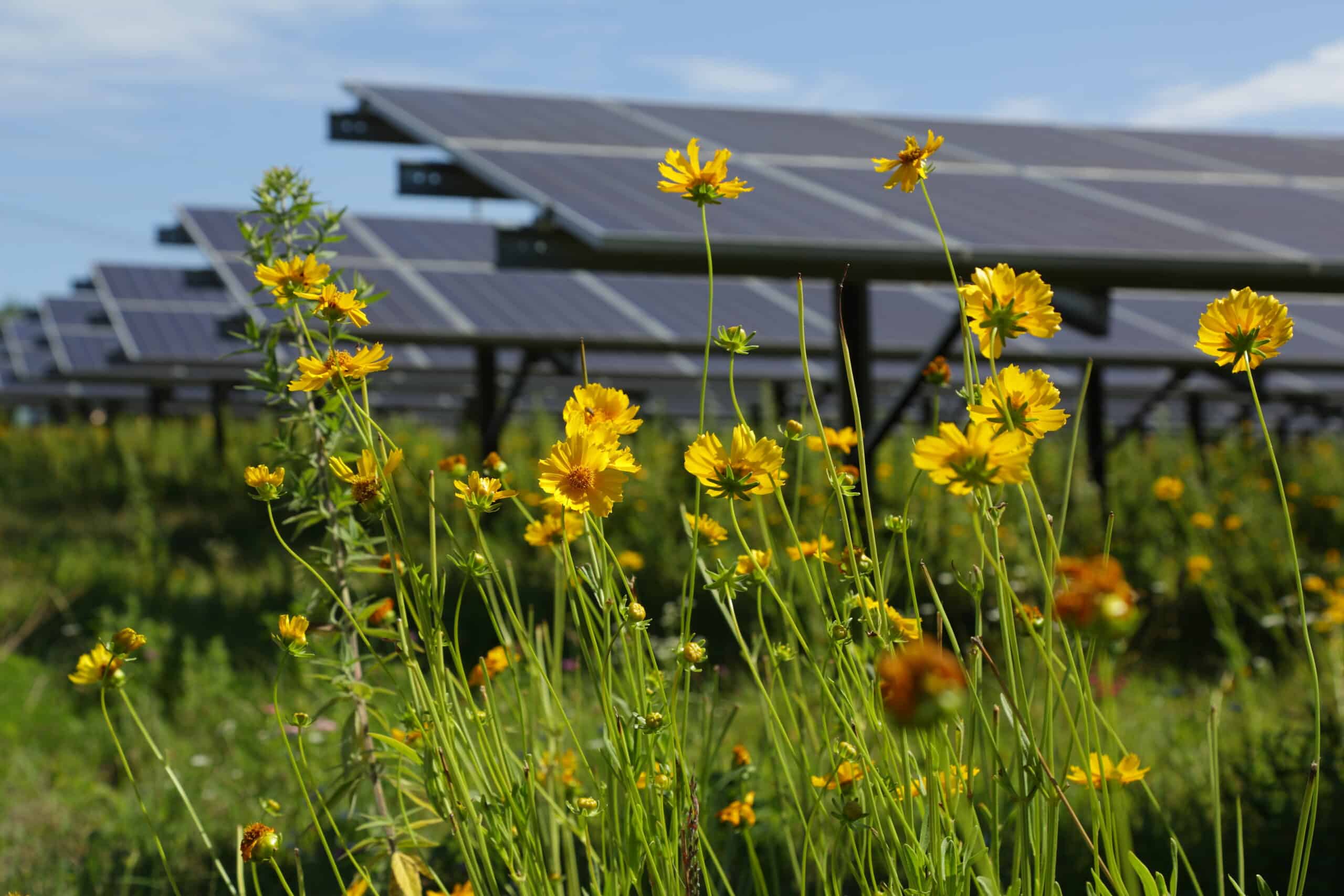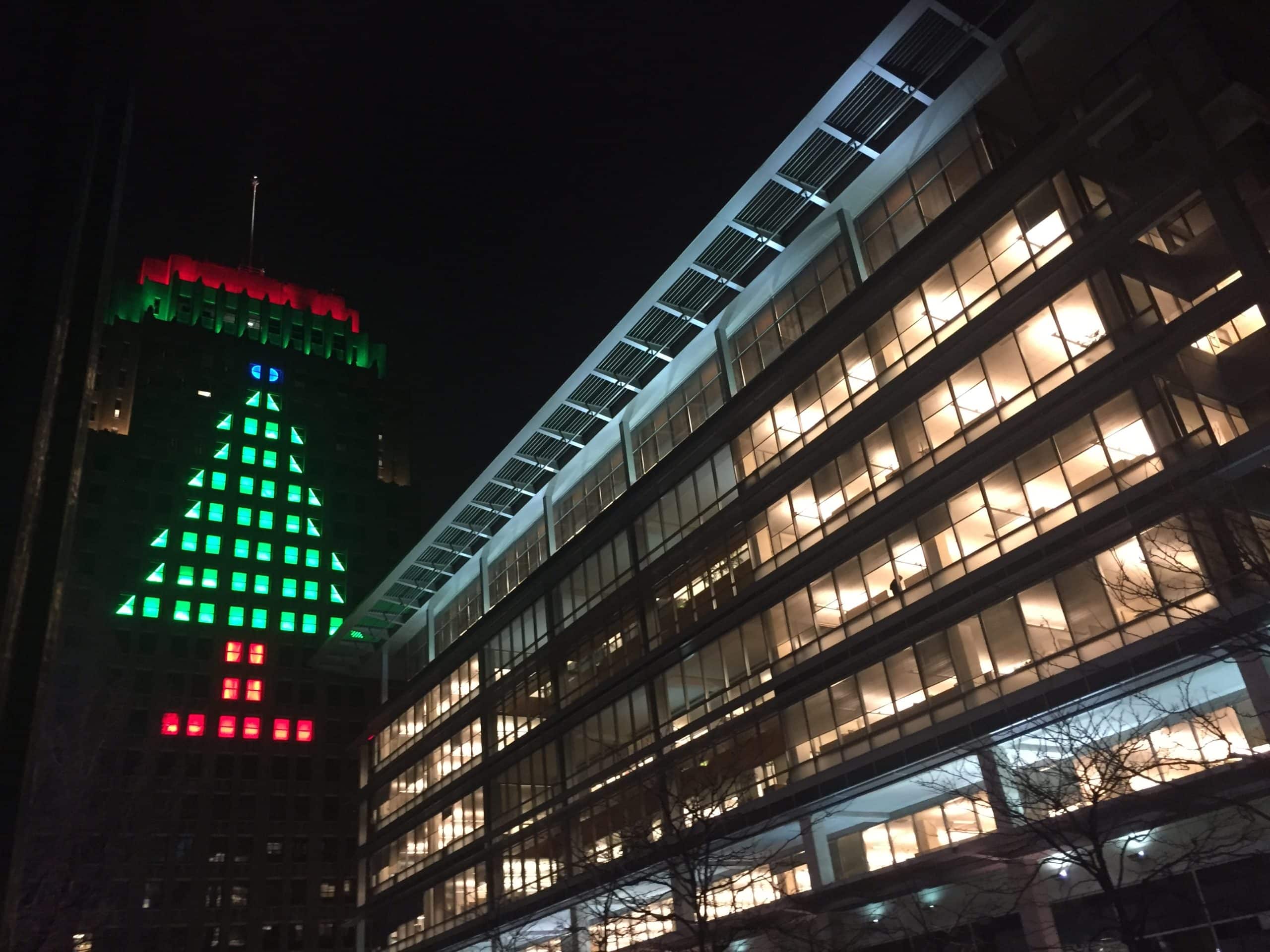Lorelei is a young artist who took to drawing at a very young age. She just didn’t realize how much art meant to her and what it could lead to until she attended Wildlife Leadership Academy in central Pennsylvania.
It was at the academy where she was introduced to nature journaling. Her artistry and new-found interest in nature became a passion.
“The lessons we learn through the Wildlife Leadership Academy create a platform for us to continue our work as conservation ambassadors with all sorts of interests,” Lorelei wrote in a recent blog post published by the academy. “Citizen scientists don’t just wear lab coats. They write, read, engage, and
draw, too. The sky isn’t the limit when it comes to nature. It’s part of the story – a story I enjoy exploring through art.”
Consider Lorelei one of Wildlife Leadership Academy’s many success stories.
The group, started in 2007 to engage and empower high school age youth to become conservation ambassadors, has graduated 760 young people from 62 of Pennsylvania’s 67 counties, as well as others from eight other states. And those young people have reached 113,000 people across the state with their outreach.
Past students have combined to conduct 6,327 conservation education, communication, service, creative art, and outdoor mentorship projects and have engaged in over 24,000 contact hours engaging in these projects and with the public.
PPL is a proud sponsor of the group, having provided more than $15,000 in support of its programs.
The PPL Foundation contributes more than $3 million annually to nonprofit organizations supporting student success from cradle to career; advancing diversity, equity and inclusion; and promoting the development of vibrant and sustainable communities.
The Academy begins with summer field schools focusing on wildlife/fisheries biology and conservation as well as leadership skills development and continues with community outreach. The five field schools focus on white-tailed deer, bass and warm water fisheries, brook trout and freshwater fisheries, wild turkey, and black bear. The academy works with Cedar Crest College in Allentown to offer three college credits to students who attend a field school and complete necessary requirements.
“The work the academy does to instill a love of nature and leadership skills in so many of your young people really goes a long way in helping us work toward a sustainable future,” said Tracie Witter, a PPL regional affairs director who serves on the academy’s board. “I’ve seen first-hand the profound affect the organization can have on the students who attend these programs. We’re pleased to be able to support those efforts.”
The academy typically receives 200 to 300 nominations for prospective students and accepts 100 new students each year – 20 for each of the five camps. After attending a camp, each student is tasked with sharing what they know with others through various forms of community outreach. Many are invited to return as peer mentors. The academy managed to continue its programs during the COVID-19 pandemic by offering them virtually. For 2021, it is offering a hybrid program.
“When I was growing up, I didn’t know that you could be a plant ecologist or an outdoor writer,” said Michele Kittell Connolly, Wildlife Leadership Academy’s executive director, who has a biology degree. “One of the major benefits our program is that it opens our students to eyes at a young age to the opportunities available for careers in conservation. This career exploration combined with their educational and leadership skills development at the Academy, we believe, gives these young leaders the confidence to make a difference for our natural resource now and well into the future.”
For more information on the Wildlife Leadership Academy. For more on Lorelei’s story, view her blog post.



